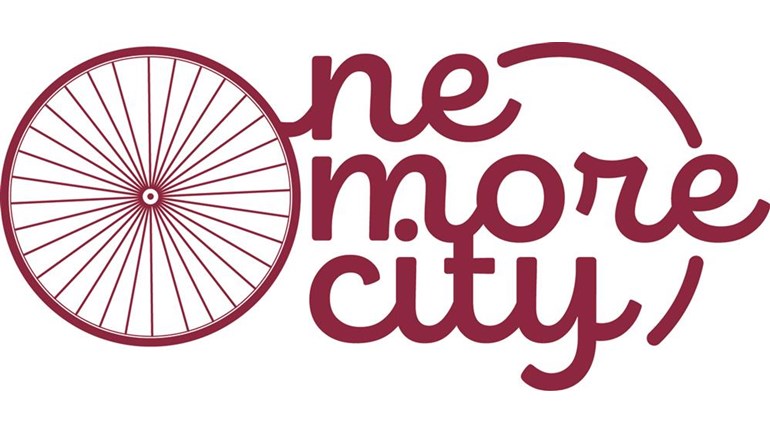The PhD Students
Kasté Jurgaityté
My name is Kasté Jurgaityté. Having lived in six different countries, I come from quite an international background. I was born in Lithuania; however, when I was six, my family and I moved to Belgium and later the United States. I did my Bachelor’s in the Netherlands and conducted my thesis research at the Max Planck Institute for Medical Research (MPImF) in Germany. My career as a young scientist ensued at Imperial College London. Here, I recently completed a Master’s in Molecular Medicine and my thesis at the Medical Research Council London Institute of Medical Sciences (MRC LMS) prior to starting a PhD in the Department of Surgery and Cancer.
I am carrying out my PhD project in Professors Simak Ali and Laki Buluwela’s research group, specializing in breast cancer. The lab has developed an anti-cancer drug that is currently in clinical trials and holds great promise in treating many cancer types, including both estrogen receptor positive and triple-negative breast cancers. The aim of my project is to investigate how the drug acts, helping identify groups of patients that may benefit most from the drug. This is incredibly important as it allows us to make sure that we give the right treatments to the right patients. I will also research the ways in which cancers may eventually develop resistance to the drug, so we can stay one step ahead of the cancer and work out ways to overcome this resistance. Ultimately, these insights may pave the way for a personalized approach to breast cancer treatment and help prolong the lives of patients.
I find it incredibly worthwhile to devote my time contributing to research that may help people living with cancer. I am thankful for the incredible opportunity that One More City has provided me with and I look forward to contributing to knowledge that may benefit the lives of many cancer patients in the future.
June 2020 update
Kasté has sent through a video where she talks a little about her research and the unique challenges that COVID-19 has presented to the scientific research community.


